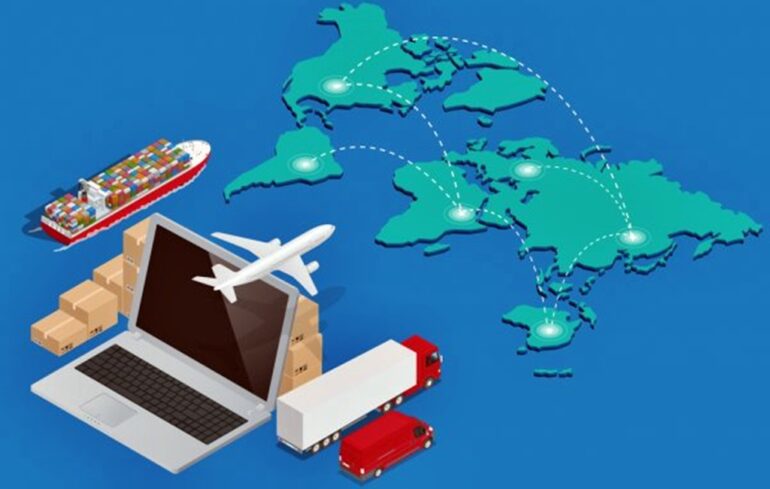In today’s global marketplace, shipping products to international markets has never been easier. But before you dive head-first into the world of online shipping and international sales, there are important regulations and requirements that must be taken into consideration.
This guide will discuss important factors related to international online shipping, including customs duties, taxes, documentation requirements, and more.
With this information in hand, you’ll be able to make informed decisions about how to best handle your online shipping processes for maximum efficiency.
Understanding Customs Duties:
When it comes to international online shipping, one of the most important factors to consider is customs duties. Depending on the country being shipped to and the item or items being shipped, you may be required to pay certain duties or taxes. The amount and type of these duties vary widely from country to country, but they are imposed by the receiving country’s customs office. It’s important to understand the specific requirements for each destination before shipping products internationally.
Required Documentation:
In order to properly process an international shipment, it’s essential that all of the necessary documents are included in the package. This includes invoices, packing slips, commercial declarations, and more. Depending on what is being shipped and where it’s going, different types of documents may be required in order for the package to successfully pass through customs. Before making any international shipments, make sure you know exactly which documents will be required so that you can include them in the package.
Tracking and Insuring Packages:
When sending packages internationally, it’s important to track and insure them. This ensures that if something goes wrong during transit – either due to damage or theft – then you will be able to make an insurance claim for any losses incurred. Additionally, tracking allows you to keep an eye on where your package is in transit so you can ensure timely arrival at its destination.
Regulatory Compliance:
When shipping items overseas, there are several regulations that must be adhered to in order for the package to be legally accepted. Depending on the item being shipped and its final destination, additional regulatory compliance may be required. Common regulations include declaring the contents of the package, providing documentation with accurate information about the shipment’s origin and destination, and ensuring that each item is properly labeled for customs clearance. Failure to comply with applicable regulations can result in costly fines or even legal action taken against you.
Customs Requirements:
Customs requirements vary by country depending on what type of goods are being shipped. Generally speaking, customs forms need to include a detailed description of all items included in the shipment as well as a declaration of the value for duty assessment. It is important to research customs requirements for the country you are shipping to in order to avoid costly delays at customs or even rejection of your shipment due to incorrect paperwork.
Import/Export Restrictions:
In addition to regulations, some countries have import/export restrictions on certain types of goods. Therefore, it is important to check that your items do not violate any local laws or regulations before shipping them overseas. Commonly restricted items include medications and pharmaceuticals, hazardous materials, and weapons or other military-related items.
Insurance and Liability:
International shipments often involve multiple carriers and may require extra insurance coverage in order to provide proper protection against loss or damage during transit. It is important to research insurance options and liability limits in order to determine the best coverage for your needs. In addition, you should always make sure that your packages are properly packaged and secured with sturdy materials to reduce the risk of damage during transit.
Conclusion:
Shipping internationally can be a complicated and time-consuming process, but with the right preparation it is possible to ensure that your packages arrive safely and on time. By understanding all of the necessary steps involved in international shipping – including customs requirements, paperwork, tracking, insurance, and regulations – you can make sure that your shipments are handled properly from start to finish.
Shipping items internationally can be a complicated process. However, understanding the regulations and requirements associated with international shipping can help ensure that your shipments arrive safely and on time without any legal complications. By researching specific customs requirements, import/export restrictions, and insurance options prior to sending out a package, you can save yourself time and money while still ensuring compliance with all applicable laws and regulations.


















